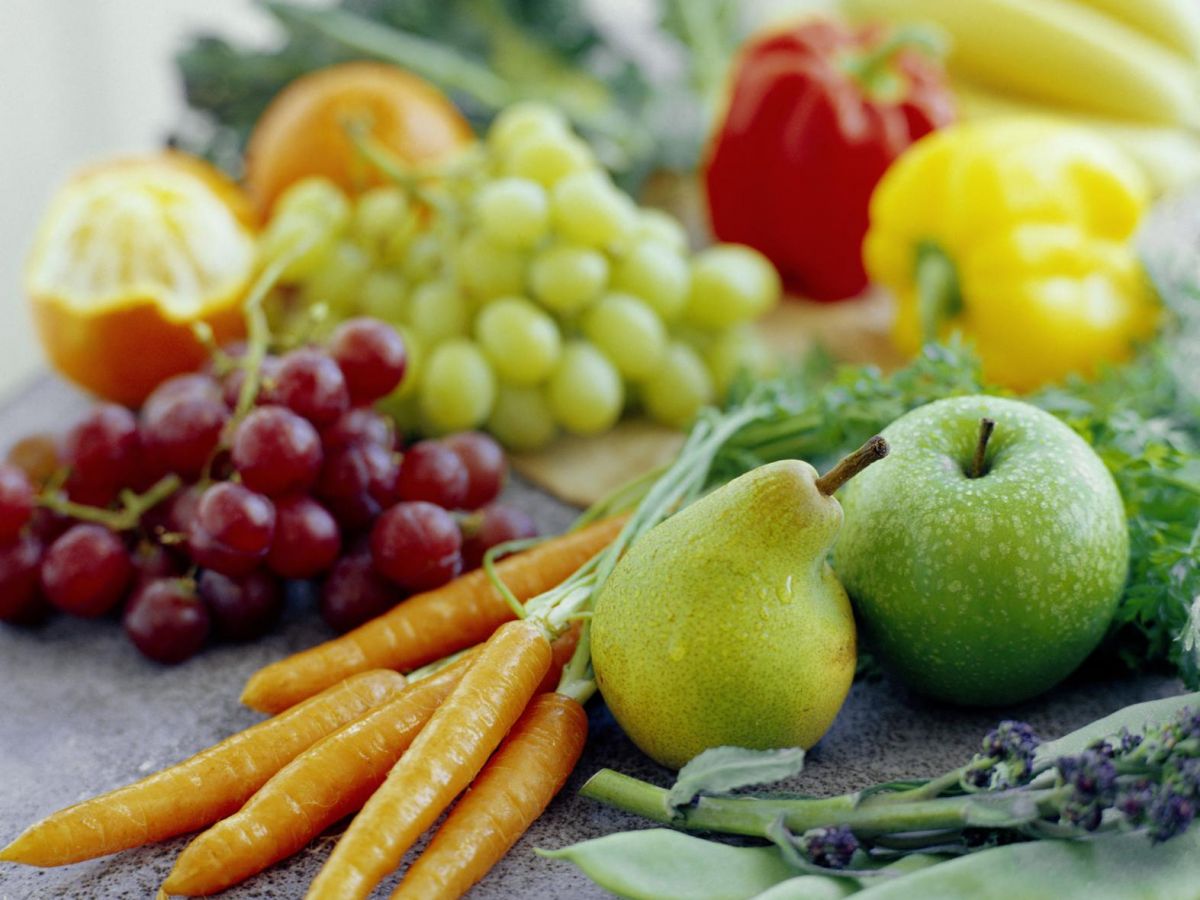Long reserved for the elderly, the risk of cancer is increasing dangerously among people under 50. This is particularly the case of the colorectal cancer, the second most deadly cancer French. Researchers from the International Agency for Research on Cancer in Lyon and the American Cancer Society in Atlanta (USA) studied the incidence of this cancer in 50 countries around the world, showing that it was increasing among young adults in half of these countries, including France. Their results were published on December 11, 2024 in The Lancet Oncology.
Colorectal cancer increasing among young adults in half of countries analyzed
The authors analyzed health data from 50 countries up to 2017, including 27 in Europe, 11 in Asia, nine in the Americas, two in Oceania and one in Africa. The incidence of this cancer in people under 50 was increasing in 27 of these countries, an increase that began in the 1990s in North America and northern Europe (Sweden, Denmark, the Netherlands), in the 2000s in France, England and Australia, among others, and more recently in Belarus. The countries where this cancer is increasing most rapidly are New Zealand, Chile, Puerto Rico and England.
Surprisingly, in many countries this increase only affects young adults, while the incidence among people over 50 remains stable (this is the case in France) or on the contrary decreases (this is the case in England and the United States). This generational shift in cancer risk highlights the emergence of environmental or lifestyle factors that particularly affect children and young adults of more recent generations, conclude the authors. They were probably the first to be exposed from a young age to a harmful diet and a sedentary lifestyle."
Certain foods reduce this risk
Because diet would play a major role in the risk of developing this disease. Previous studies had already shown for example that Obesity during adolescence increases this risk. A study published on November 28, 2024 in the journal European Journal of Nutrition by researchers at Flinders University in Australia goes further and explores the involvement of certain foods in this risk of colorectal cancer. The authors analyzed the health and diet data of more than a thousand people, over a period of ten years. Participants who ate more fiber (present in fruits, whole grains and vegetables) and unsaturated fatty acids (present in oily fish and vegetable oils) had a lower risk of developing colorectal cancer.
Results which confirm those of a systematic review published by the same team in July 2024 in Nutrition Reviews, which analyzed 28 studies conducted before June 2023. According to these studies, a diet rich in fruits, whole grains, vegetables and dairy products was protective against this cancer. While a high consumption of red meat, alcohol and sugary drinks increased the risk of developing this cancer. Foods high in fiber, such as fruits and vegetables, support a healthy microbiome, which can reduce inflammation in the digestive system, explains in a communicates Yohannes Melaku, author of the study published in November. With the increasing number of digestive cancers worldwide, especially in people under 50, it is time to take action to protect our digestive health. Fiber and healthy fatty acids should be an integral part of everyone's diet.“


